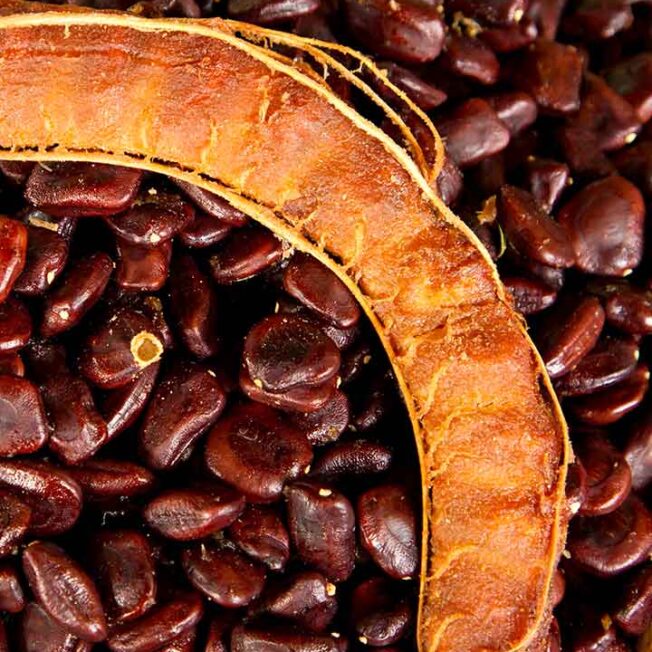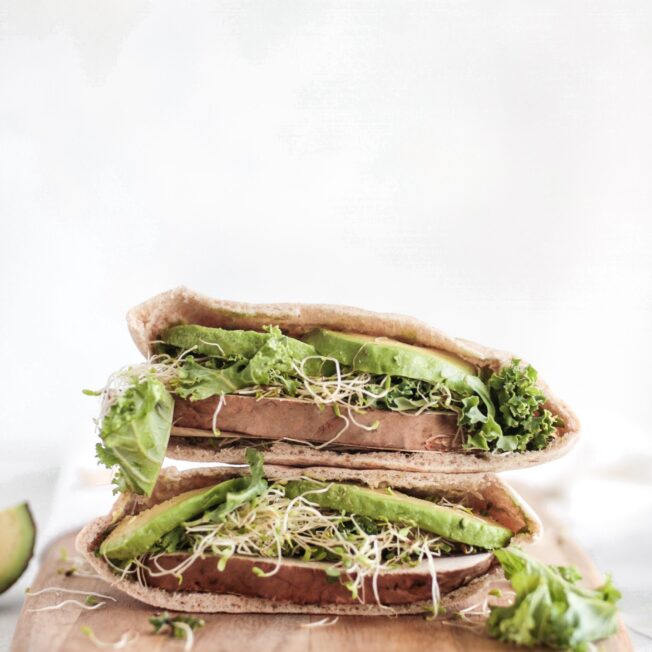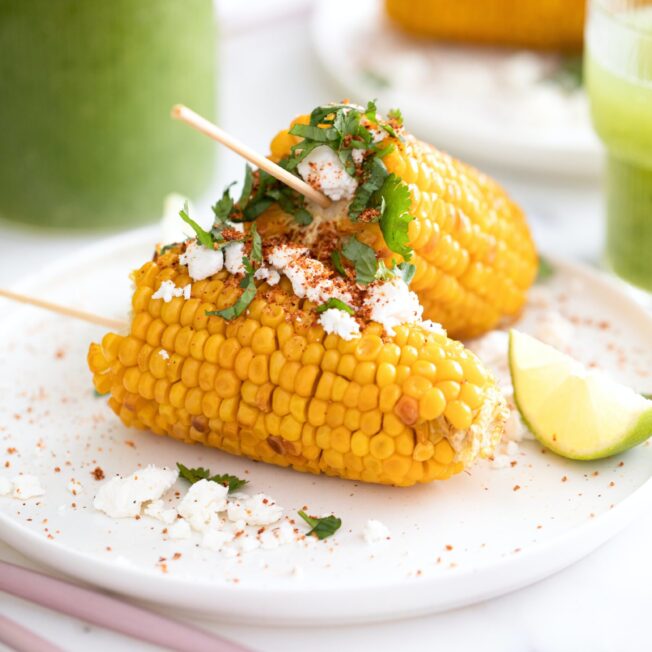Just because it’s wintertime doesn’t mean a lack of good produce available. You might be surprised to know that produce is still thriving in the wintertime, with plenty of delicious fruits and vegetables available for your menu this month. Sure, you can go into a local supermarket and have access to a wide array of produce anytime–both in and out of season–but you’ll be missing out on a chance to indulge in this season’s choices and get more creative with your recipes.
Eating seasonal is a nécessité
Seasonal eating is, as it sounds — consuming produce during its peak time during the season. However, many of us, especially those who don’t have access to local farmer’s markets or live in food deserts around the country, may rely on what’s available in the supermarkets. Often, they’ll stock produce beyond what is currently in season to provide certain produce all year round, regardless of its peak season locally. But, if the resources are available, eating seasonal versus an “always-on” shopping mindset can help the environment and our bodies (and our wallets, to boot).
When it’s in season, buying produce takes a more sustainable approach to our regular grocery shop. If you’re shopping for produce that’s in season locally, your produce hasn’t had to travel very far, reducing carbon emissions from the transportation process. Beyond the road trip, your produce had to take, food in season reduces the need for chemicals and pesticides to be used on the produce because there’s less pressure for farmers to meet the standards set by stores on how the produce should look.
One perception of seasonal eating can be limiting. Still, in reality, it gives us all the opportunity to be more experimental in the kitchen and get out of our comfort zones. You’ll get to test out a new menu as each new season approaches, allowing yourself to become more confident and comfortable switching it up in the kitchen. All while you enjoy your produce while it’s fresh, you can test out new recipes and avoid relying on the same meals over and over again. Reduce the monotony and reap the benefits of your nutrient-dense foods!
What’s in season now?
While seasonal produce will vary based on growing conditions and the weather in your area, it’s nice to get some inspiration. So we wanted to share with you some seasonal produce for February, as well as some inspiration for your next meal.
Apples
We may associate apples with the fall during the peak of the domestic season; February is the last month they’re considered “in season,” so you might as well indulge while they’re still fresh! Varieties may vary depending on region, but you should still be able to get your hands on some Fuji, Pink Lady, and Gala apples. While they’re a delicious snack on their own, we already know they pair nicely with your favorite nut butter or even chopped up into your favorite salad for an extra crunch.
Are you looking for more inspiration? Try out these recipes for cinnamon apple crisps (apple chips? Yes, please!) and a gluten-free apple cake.
Citruses
You can always count on your favorite citrus for a daily dose of vitamins and fiber. Whether you’re using them for their juice, zest, or even as a refreshing snack, they’re the perfect, versatile addition to your produce stash at home.
Are you looking for more inspiration? Try out this Camu-Camu juice made with blood oranges and grapefruit, or slice up a lemon to help add some extra flavor to this miso cod en papillote.
Winter greens
Kale, swiss chard, collard greens, oh my! It’s in the name. These will give you your dose of magnesium, calcium, folate, as well as introduce more vitamins A, K, and C into your diet. While you could use these all in a salad of your choice, you have plenty more options available to you too.
Are you looking for more inspiration? If you have a sweet tooth, look no further than these chocolate chip cookies with crispy kale. Or, if you prefer savory, have you considered making some homemade kale chips? You can also get innovative with your collard greens and use them for these delicious collard green wraps.
Fennel
You may be familiar with fennel seeds, but what about the veggie itself? Fennel is part of the carrot family and is an excellent source of calcium, phosphorus, and potassium; and is also high in magnesium and essential fatty acids. Are you looking for more inspiration? Try this orange and fennel salad for your next lunch!
Broccoli
Oh, broccoli, what a produce staple. Broccoli is likely a tried and true vegetable in your household, whether you’re eating it raw on a veggie tray or steaming some up as a nutritious side to your dinner. So now’s the time to experiment further and test out some new ways to keep broccoli in your diet. Are you looking for more inspiration? Consider this vegetable stir fry next time!























